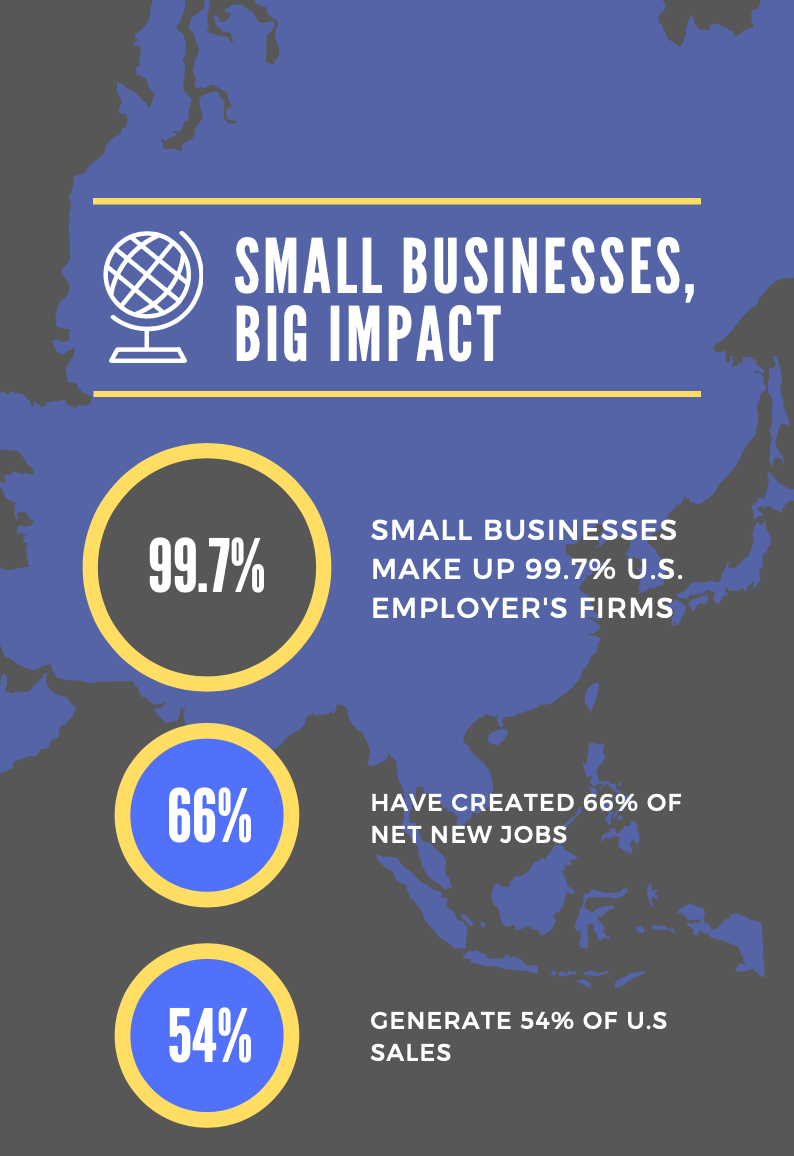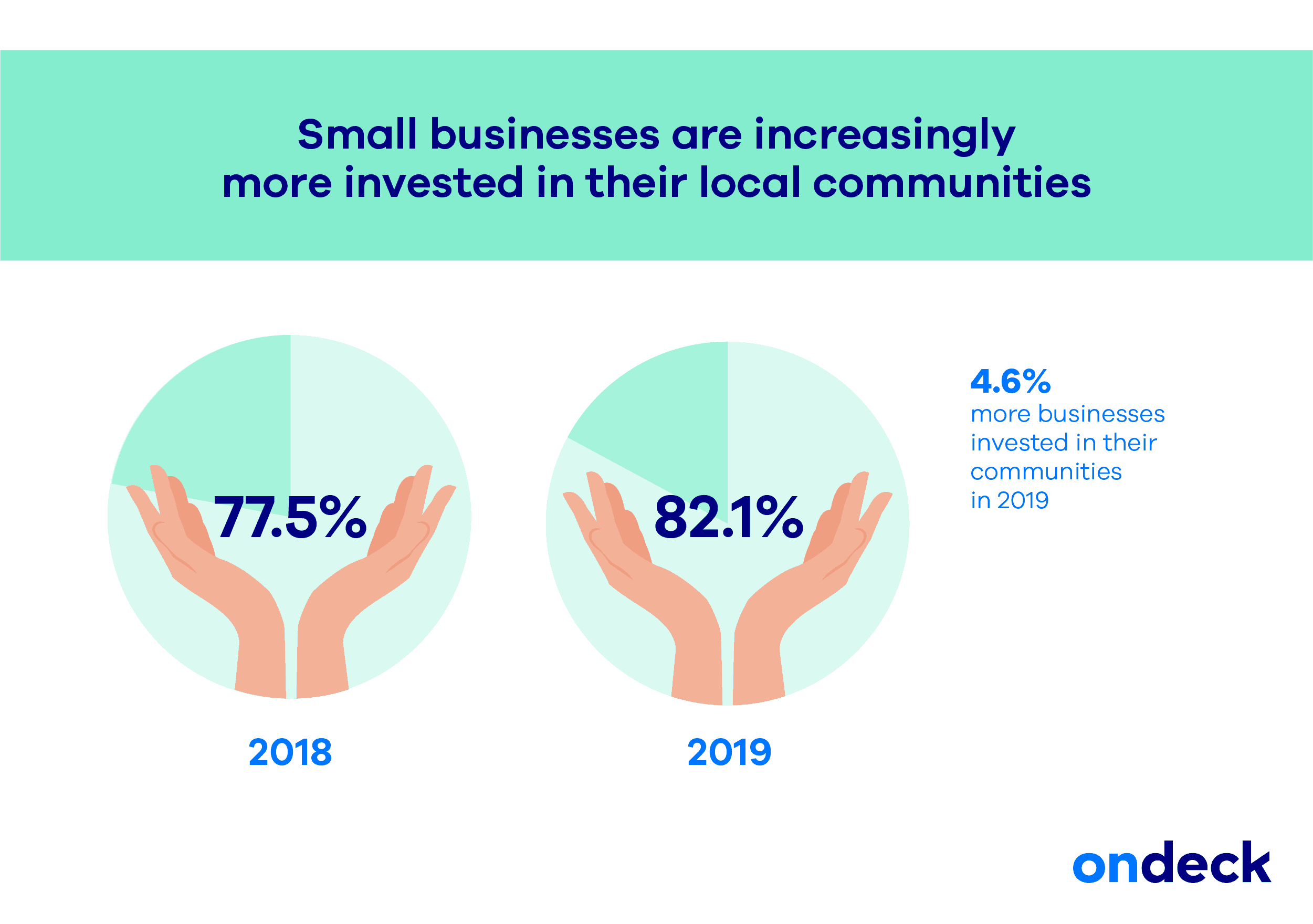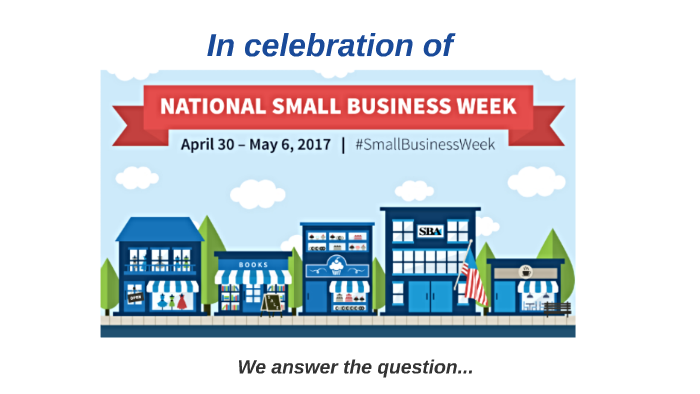Why Small Businesses Are Important

Main streets across America hum with activity, not just from the familiar chains, but from the independent boutiques, family-owned restaurants, and innovative startups that define the character of our communities. These are the small businesses, the backbone of the US economy, facing both unprecedented challenges and remarkable opportunities in a rapidly changing world.
Small businesses are significantly important because they drive economic growth, foster innovation, and create jobs within local communities. These enterprises, often overlooked in favor of larger corporations, contribute significantly to the economic dynamism and social fabric of the nation. This article explores why these enterprises matter more than ever, drawing on data and expert perspectives to illustrate their pivotal role.
Economic Engines and Job Creators
Small businesses are not just quaint storefronts; they are powerful economic engines. According to the Small Business Administration (SBA), small businesses account for 44% of US economic activity.
They also create roughly two-thirds of net new jobs, making them crucial for employment. This statistic, repeated in multiple Bureau of Labor Statistics reports, underscores their importance for workforce stability and growth.
Unlike large corporations, small businesses often reinvest profits locally, further stimulating the community economy.
Innovation and Competition
Small businesses are breeding grounds for innovation. They are more likely to introduce new products, services, and technologies to the market.
Their agility and flexibility allow them to adapt quickly to changing consumer needs and market trends. Joseph Schumpeter's theory of "creative destruction" highlights how entrepreneurs drive progress by challenging established norms and industries.
This competition forces larger companies to innovate, improving the overall quality and variety of goods and services available to consumers.
Community Anchors and Social Fabric
Small businesses are integral to the social fabric of local communities. They often support local charities, sponsor youth sports teams, and participate in community events.
They provide a sense of place and identity, contributing to the unique character of each town and city. A study by the American Independent Business Alliance (AMIBA) found that independent businesses return more than three times as much money per dollar of revenue to the local economy compared to chain stores.
By keeping money circulating within the community, they contribute to its overall well-being and resilience.
Challenges and Support
Despite their importance, small businesses face numerous challenges. Access to capital, regulatory burdens, and competition from larger companies are significant hurdles.
The COVID-19 pandemic further exacerbated these challenges, forcing many to close or adapt their business models. Government programs like the Paycheck Protection Program (PPP) and the Economic Injury Disaster Loan (EIDL) provided crucial support during this period.
However, ongoing support and advocacy are needed to ensure their long-term survival and success.
The Future of Small Business
The future of small business is intertwined with technology and changing consumer preferences. E-commerce platforms and social media marketing have opened up new opportunities for small businesses to reach customers beyond their local area.
However, they also face increased competition from online giants. To thrive, small businesses need to embrace digital tools, adapt to changing consumer expectations, and focus on providing personalized experiences and exceptional customer service.
Investing in workforce development and advocating for policies that support small business growth will be critical for ensuring their continued success. As Neil Bradley, Executive Vice President and Chief Policy Officer at the U.S. Chamber of Commerce, stated, "Small businesses are the engines of our economy, and their success is essential to our nation's prosperity."
In conclusion, small businesses are far more than just businesses. They are the lifeblood of our communities, driving innovation, creating jobs, and shaping our local identities. Their continued success is essential for a vibrant and prosperous future.


















